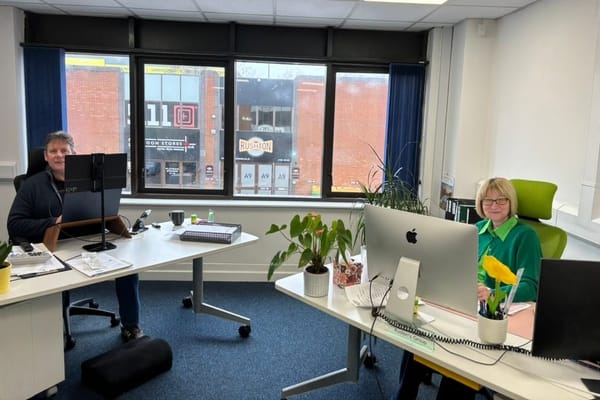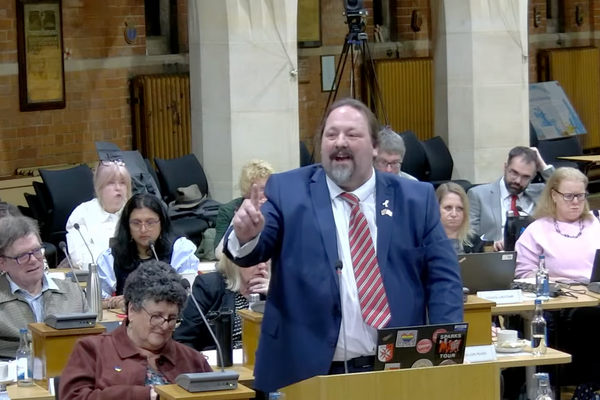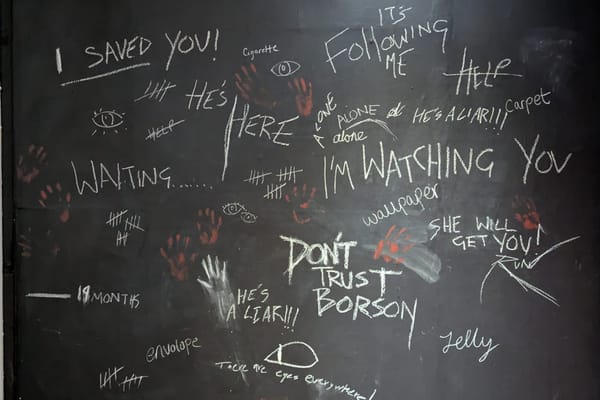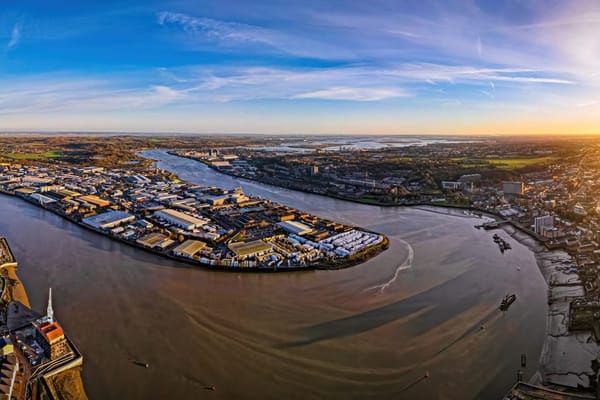“Everyone is inherently radioactive”
What Steven asked Vicky Robinson, environmental consultant, Taekwondo Master and PhD student in gamma radiation in archaeological artifacts
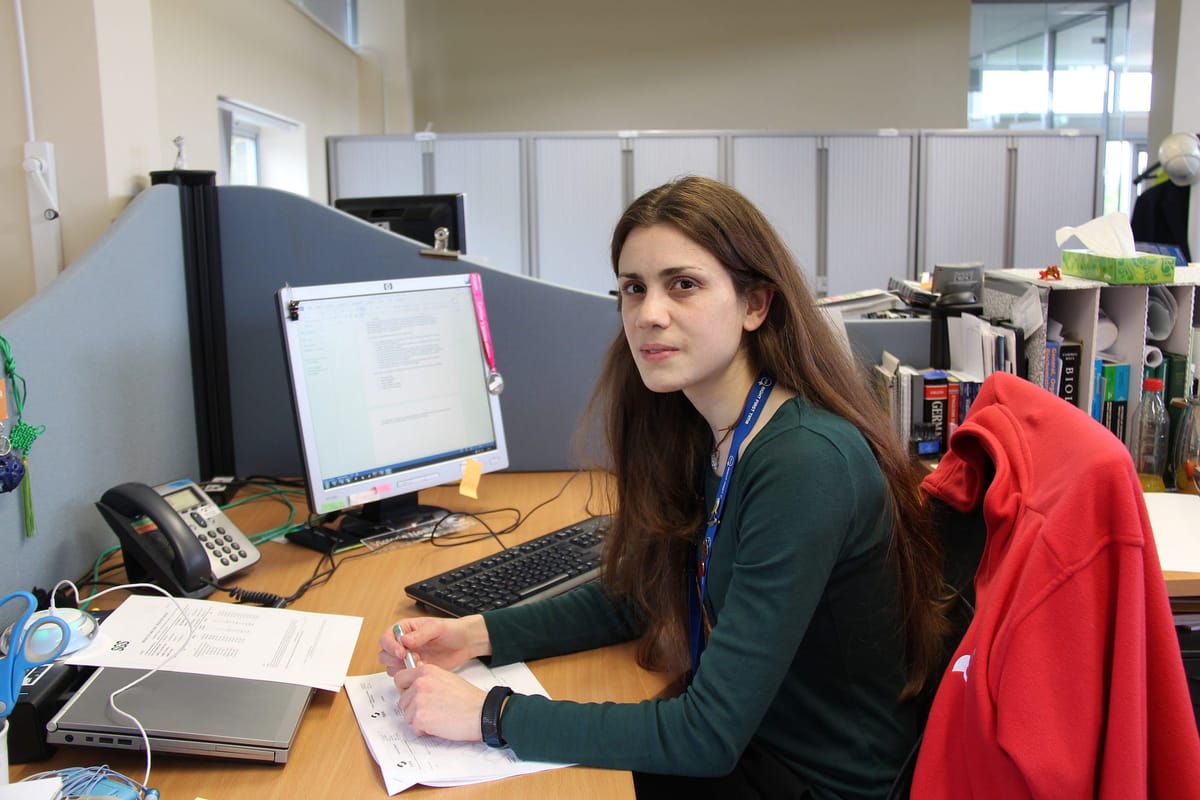
As an atomic archaeologist Taekwondo master from Medway, Vicky Robinson was someone we wanted to talk to. Steven talked to Vicky and discussed why Roman remains are radioactive, gamma radiation in the Marvel universe, and just how safe nuclear power is.

Where were you born?
Chatham.
What brought your parents to Medway?
They both lived in London and wanted to get out. They found a small house in Rochester and fell in love with the place, so we moved there.
What jobs did your parents do when you were growing up?
My mum worked as a pharmacy assistant in some independent pharmacies and later in Boots. My dad worked in a camping shop in Chatham, which I don't think exists anymore, unfortunately. He then moved to Bluewater later on.
Did you enjoy school?
I really did. I went to Rainham Girls and the teachers there really nurtured my passion for science, so I very much enjoyed it.
Did you stay on for sixth form?
I did. I studied Biology, Chemistry, Geography and History.
Where did you go to university?
Initially, Oxford Brookes where I studied Environmental Science as an undergrad and Environmental Management as a Master’s.
What's the difference between the two?
Environmental Science is very broad. You get to learn a little about a lot of different things. It covers everything from geology to ecology, man's interactions with the environment, sustainability, so it gives you a really good grounding of everything. Environmental Management focuses more on what we can do and what organisations should be doing to achieve high standards of environmental protection and looking more at the legal aspects and environmental legislation.
What is your official occupation now?
I am a principal waste and environmental consultant.
What is the focus of your PhD?
My PhD is looking at measuring very small differences in the concentrations of natural gamma radiation in the environment to detect buried archaeological artefacts.
How did you start doing that?
It was a complete accident. Since I was a kid, I've had a real passion for palaeontology and an interest in archaeology. For various reasons, I think through my degree, I ended up working in the nuclear industry by complete accident, and I really enjoyed it. It's really important because it's our responsibility to manage these things in the most environmentally responsible way possible. It's been really important to me to work in an industry where I can make a difference, but I always nurtured that passion for natural history and archaeology in the background. Just by chance, I attended a lecture by some palaeontologists from America and flippantly asked, ‘Oh, have you got any jobs going?’ and said, ‘I'm joking, I'm joking. I've got no transferable skills. I work in the nuclear industry.’ And they said, ‘No, you will. If you want it enough, you'll find it.’ I found a paper where people were looking at dating dinosaur bones using uranium isotopes. I thought, ‘Oh, if it's accumulating enough uranium to date, I wonder if it's accumulating enough that we can see it’. My company has a system called Groundhog, where we look for manmade radioactivity. I just approached the University of Reading and said, ‘I have an idea for a research project. What do you think?’ And they said, ‘Well, let's run with it, but do archaeology first because there's more archaeology in the UK. It's easier to find.’ So, we started off with that and against all odds, it worked, and so we just ran with it, and that's been my life for the last six years.

